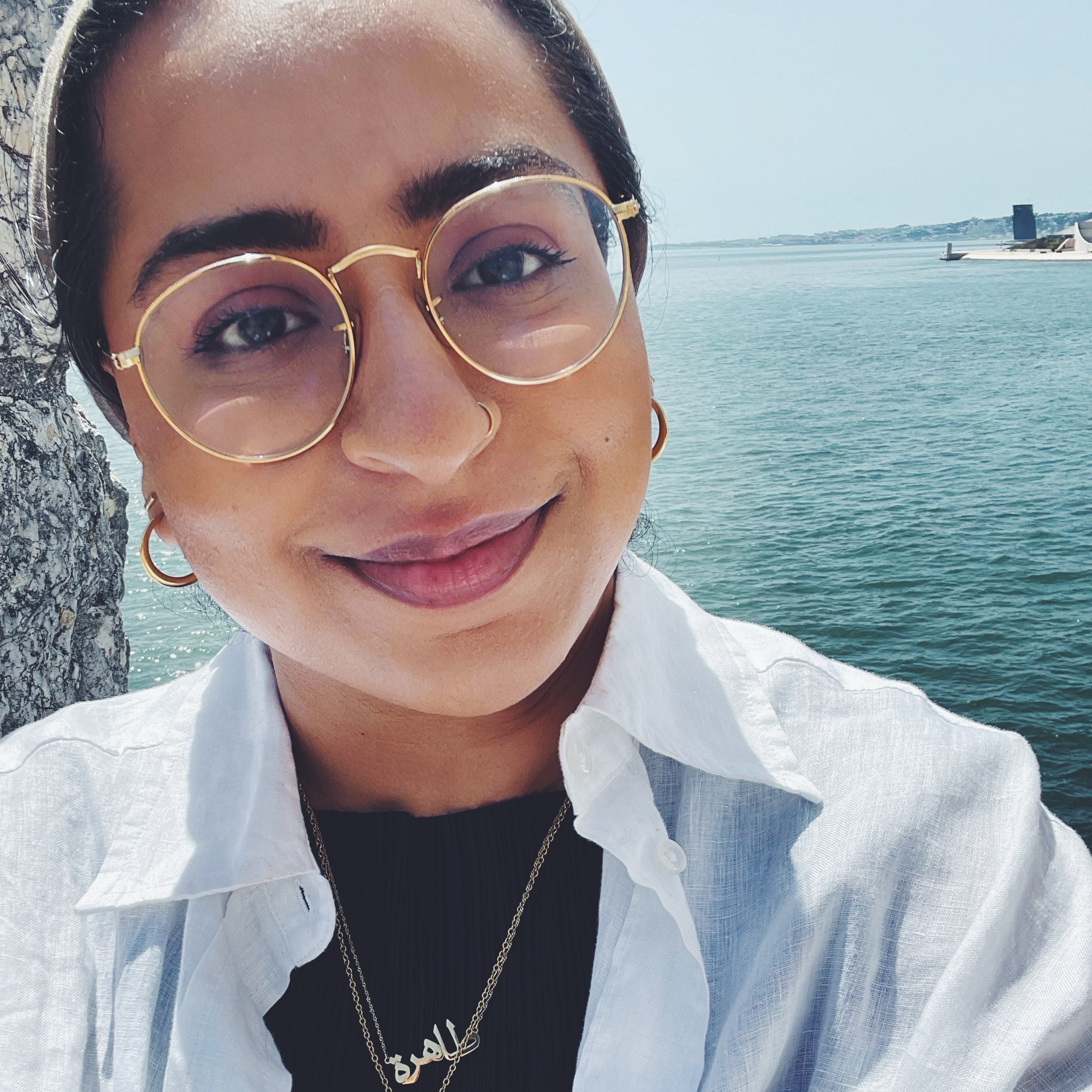Involving people with lived experience in shaping Macmillan’s future
Macmillan’s Head of Lived Experience Tahera Bandali explains how we’re building a more meaningful approach to listening to, engaging, and partnering with people and communities with lived experience of cancer.
Why it's important to involve people with cancer
Shifting from ‘voice’ to ‘partnership’
The knowledge we have at Macmillan isn’t enough. People with cancer are experts in their own lived experiences and their unique insight is invaluable. Engaging lived experience in our work can’t only be about active listening and powerful storytelling. We need to do more than just listen. We need to also consider how we partner with these people and communities to design solutions together.Marginalised communities continue to have poorer health outcomes because of the barriers they face - whether that’s services not meeting their needs, or the discrimination they experience and we will need to intentionally work with these communities whose outcomes and experiences are known to be the worst.
‘Community conversations’
To involve people with lived experience in shaping Macmillan’s future, we’re holding a series of ‘community conversations’. We’re also planning to fund community partners to engage their own networks, and these conversations will be shaped by the communities and their needs. We’ll use this valuable insight to shape our vision and mission as an organisation.
We know that we might not get it right the first time. But by setting expectations, creating a safe space for reflection, and building our understanding slowly and steadily, we can move forwards working together in partnership. Building trust and transparency will take time, but it’s quite simply the right thing to do.
Rebuilding trust
At the start we’ll need to actively respond to what communities are telling us, regardless of how complex and uncomfortable it is. Only by proactively addressing their feedback can we start to build trust. We cannot underestimate how difficult it is for people to share their most painful experiences in the interests of helping others – it is especially draining for people from marginalised communities, who have experienced prejudice and unacceptable barriers that other people haven’t. It is our duty and privilege to listen to these experiences and then act upon them - actions speak louder than words.Rebalancing power
As an organisation, we need to start sharing our power more responsibly, by creating opportunities that are tailored to the needs of communities, so that they can meaningfully influence our work. This means learning from where we are already working well with communities but also owning up to where we have got it wrong in the past. Only by using our power more responsibly can we stop inequities deepening.
In summary
We’re still at an early stage of our journey towards working in true partnership with communities. We’ve already learnt that we need to pace ourselves by delivering meaningful work with small groups of people, alongside the large-scale data that we’ve used to inform our decisions in the past. We know that this change will take time, resources, and a change in the way that we think about measuring impact.
If we can get this right, we will be better, more responsible convenors - bringing together the knowledge and leadership of people with lived experiences alongside ours, to drive impact for the people with cancer who are most in need of support. As a society, institutions like Macmillan can only maintain their legitimacy by investing in these relationships with patience, humility and respect for the unique power of lived experience.
Disclaimer: Our thinking and approach has been influenced in conversation with and by research from leaders and organisations working with people with lived experiences in and outside of the third sector – for example, this report from Nesta on ‘Health as a social movement’ from 2016, which looks at work with marginalised communities to understand the power of people in movements to drive transformational change.
Tag: GENSAbout our information
This information has been written by a Macmillan employee and revised and edited by the Digital Content Team.
Learn more about how we produce our cancer information.



